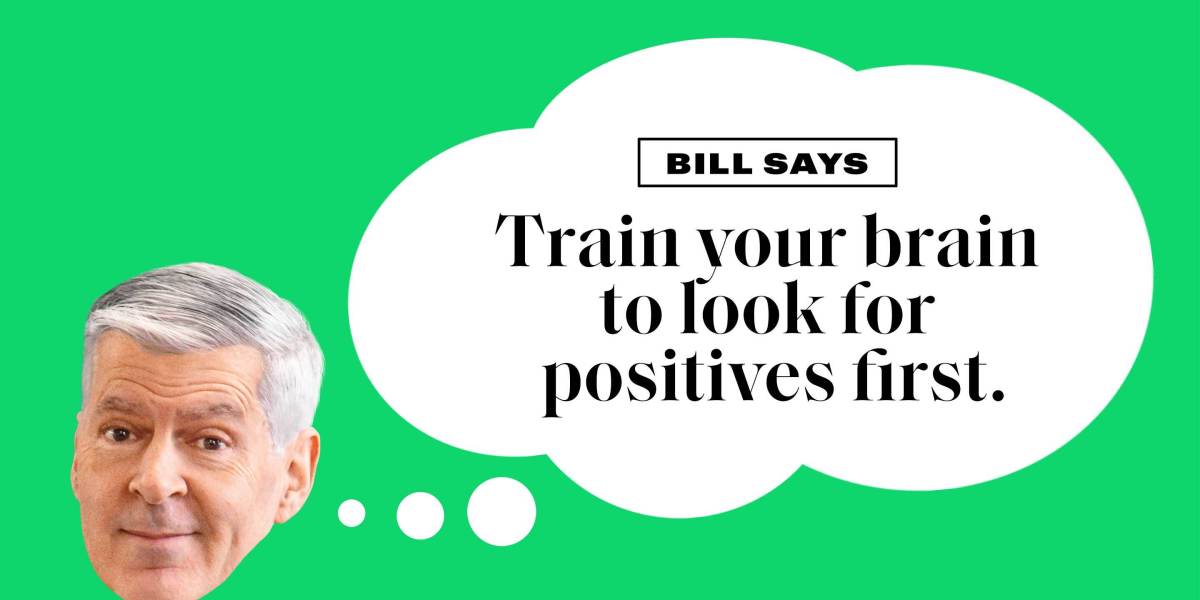- Walmart CEO John Furner said raising top manager compensation to upwards of $620,000 yearly made them “feel like owners.” The pay hike hoped to combat supervisor attrition and disengagement—a strategy paying off for other like-minded bosses who are putting their money where their mouth is.
For many employees, it can be hard to feel connected to their company, especially at huge corporations like Walmart. But in 2024, U.S. CEO John Furner pulled out the big guns to ensure star managers feel the love—by paying them upwards of $620,000 per year.
“What we did last year was make managers feel like owners,” Furner said recently at a retail and consumer conference. “This includes shareholding, which has positively impacted their approach to the company’s profits and losses.”
In a bold move to boost morale and retention after fighting turnover and manager shortages during the pandemic, the $689 billion retail giant gave its top-performing regional store managers a serious payday in January—raising their total compensation to between $420,000 and $620,000.
Their average base pay was hiked from $130,000 to $160,000, with the rest of the roughly half-a-million dollar salary made up of hefty stock grants and annual bonuses.
“This is the latest wage investment in our people,” Walmart spokesperson Anne Hatfield told Fortune. “This has been a years’ long journey with increases in hourly pay that started in 2015.”
With more than 4,000 store managers across the U.S. (and around 1.6 million workers), the payout isn’t just generous—it’s a calculated bet on culture.
And that bet is working. In 2024, Walmart claimed the top spot on the Fortune 500—and landed on Fortune’s Best Companies to Work For list not just last year, but again in 2025. With a 1.6 million-strong workforce, it’s not easy to keep everyone happy, but Walmart went straight to the source: cold, hard cash
Pay raises are essential for employee satisfaction and retention
Bosses may sling around promises of “unlimited PTO” and swanky office amenities, but it’s more money that most workers really want.
About 73% of workers would consider leaving their employer for a higher paycheck, according to a 2024 report from BambooHR. Money talks, yet 40% of employees haven’t received a pay bump in the last year.
Salary deflation and a slowdown of pay raises have been driving staffers up the wall. As grocery prices continue to soar and the cost-of-living crisis persists, many would be swayed by more money now than ever.
“The cost of getting compensation wrong is easily realized in multiples later,” said Kelsey Tarp, director of HR business partners at BambooHR.
“When employers need to go to market for talent, they might find the salary ranges to be inadequate to attract the talent that is needed; there is wage compression to address—all of which will be more costly in the long run.”
The employers paying up to boost company culture
Some employers have already caught on. When Cameo wanted workers back in their Chicago headquarters, the company offered up $10,000 bonuses for going into the office four days a week, rather than shoving a mandate in their face.
After Rolls-Royce pulled an extraordinary business turnaround in recent years, it handed out nearly $39 million in shares to employees. It wanted to pay its successes forward, by rewarding the people that made it happen. Each staffer got 150 company shares each, worth a little over $900 in total.
“We want to recognize your contribution to our future success and reward you for the role you will play in it,” CEO Erginbilgiç said in an internal memo to employees.
Even when companies are hitting the wall, they turn to pay hikes as a Hail Mary to try and turn things around. When thousands of Volkswagen employees in Germany were striking over pay cuts and factory closures, the car manufacturer offered its Tennessee plant workers a 14% pay raise over four years.
After Exxon employees faced a tough era of salary freezes, 401(k) match suspension, and intense layoffs, the oil giant changed its tune. On average workers received a pay hike of 9%, above inflationary levels—with some top performers who got promoted seeing raises between 15% and 25%.
“Our company performance reflects the hard work, commitment and perseverance of our employees,” Exxon spokeswoman Amy Von Walter said. “We take great pride in the exceptional business results our teams delivered despite it being a time of uncertainty and significant change.”
This story was originally featured on Fortune.com
Source link


 Entertainment8 years ago
Entertainment8 years ago
 Politics8 years ago
Politics8 years ago
 Entertainment8 years ago
Entertainment8 years ago
 Entertainment8 years ago
Entertainment8 years ago
 Tech8 years ago
Tech8 years ago
 Tech8 years ago
Tech8 years ago
 Tech8 years ago
Tech8 years ago
 Politics8 years ago
Politics8 years ago






